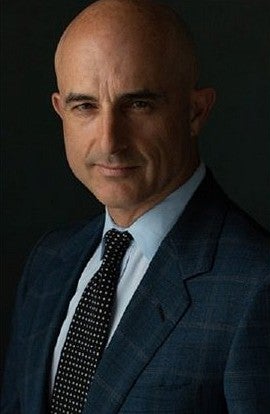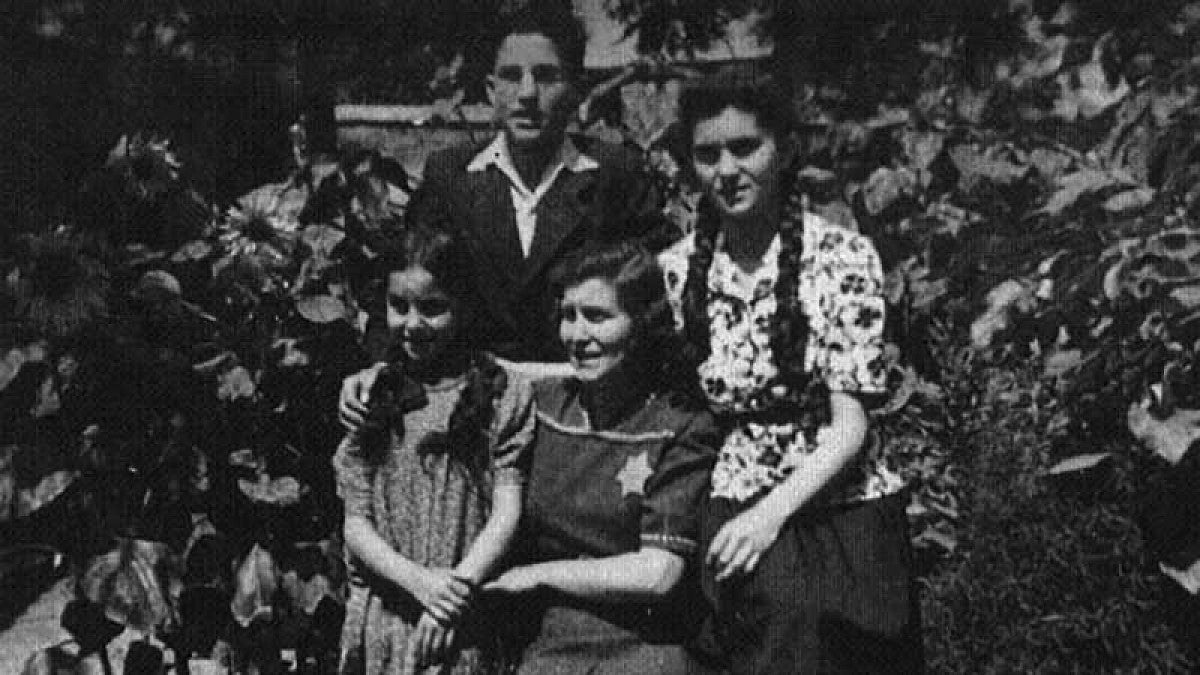Rob Aigner’s parents never talked about their experiences surviving the Holocaust, when he and his sister Sue were growing up in suburban Portland.
It wasn’t until a high school history class sparked his interest in the subject that Aigner, a 1986 UO graduate, asked what had happened to them in Nazi-occupied Europe.
“They were incredibly reluctant to talk about it,” he said. “They didn’t want to have anything to do with the conversation.”
But when Holocaust deniers started spreading their message of hate across America in the late ‘80s and early ‘90s, Aigner said his parents could no longer stay silent.

The University of Oregon community will get the chance to hear their story at Aigner’s virtual presentation “A Story of Resilience” on Tuesday, April 28, at 7 p.m., when he will recount his parents’ journey from survivors of World War II’s most notorious concentration camps to outspoken advocates who helped build a Holocaust memorial and Jewish museum in Portland and make genocide education part of the curriculum in Oregon’s public schools.
It took years for Les and Eva Aigner to open up and share their tragic family history, even with their own children.
Les was taken to Auschwitz with his mother, Anna, and 8-year-old sister Marie, who were both murdered in the gas chambers. Then he was sent to Dachau on the so-called “Death Train” before American troops liberated the camp on April 29, 1945, a date he calls his “second birthday.”
Eva narrowly escaped a Nazi firing squad, after her mother, Gisella, bribed a guard with her wedding ring.
They’ve told their story to hundreds of thousands of people in the years since, from appearances on PBS to lectures at universities and high schools across the state. They testified before the Oregon Senate Committee on Education in support of a bill that was signed into law by Gov. Kate Brown last year, making Holocaust teaching mandatory in the state’s public schools.
Now, with Les about to turn 90 and Eva age 85, they don’t give public talks often anymore, but Aigner said he wanted to keep alive his parents’ message: Never give up, you’re stronger than you think.
“My parents are literally my heroes,” Aigner said. “There’s an obligation on our entire family to carry on this history, to make sure it’s not forgotten.”
Aigner, who earned bachelor’s degree in journalism in 1986, said his parents’ story had also inspired him to start a podcast called “Clear Choices,” where he interviews people who’ve turned hardship and adversity into the motivation for creating better lives and improving their community.
And there’s a final lesson that Aigner said he learned from his mother: the importance of education.
“Discrimination can start with little things,” Eva Aigner said in an interview with the Oregon Jewish Museum and Center for Holocaust Education. “The way to fight is to educate the young people. To let them know what discrimination can do.”
—By Michelle Joyce, Director of Regional Engagement


